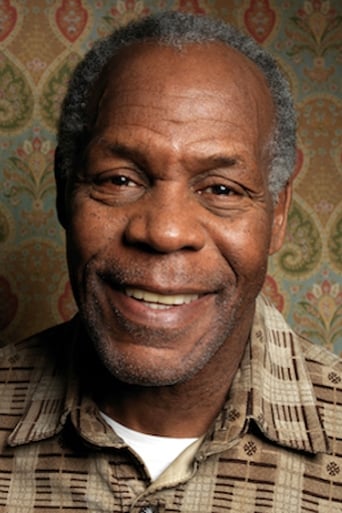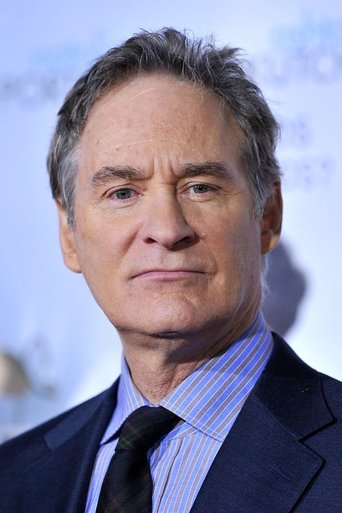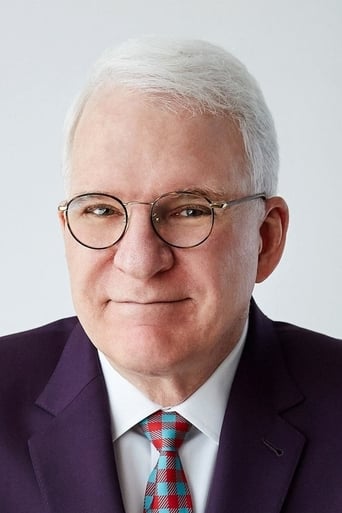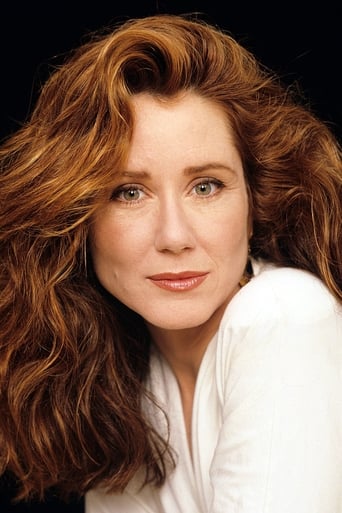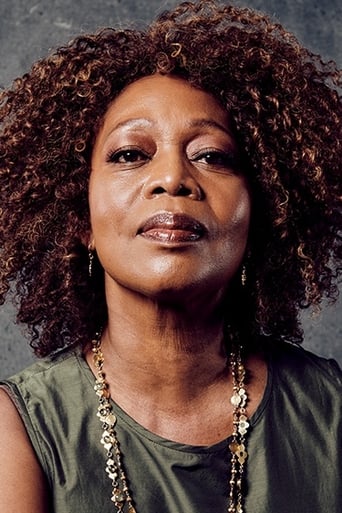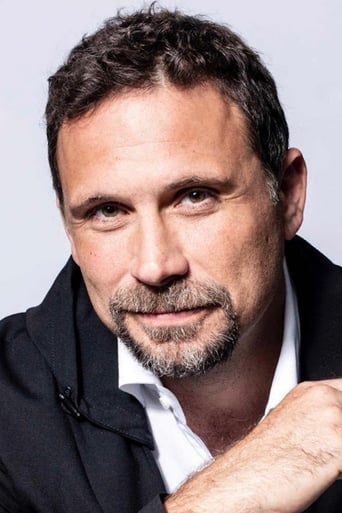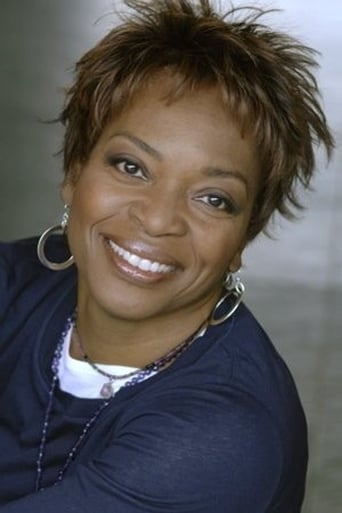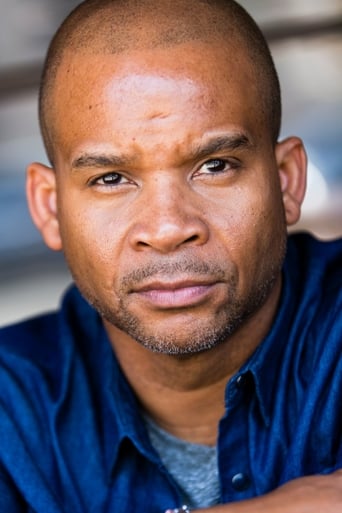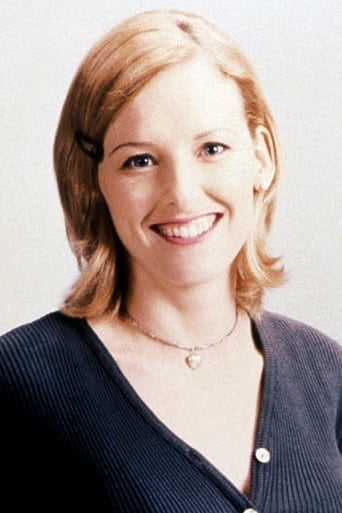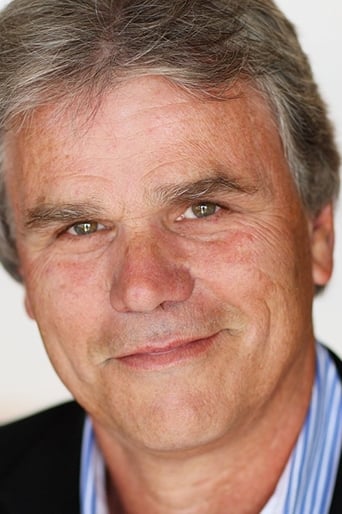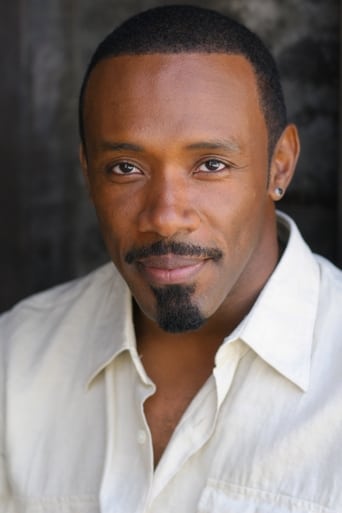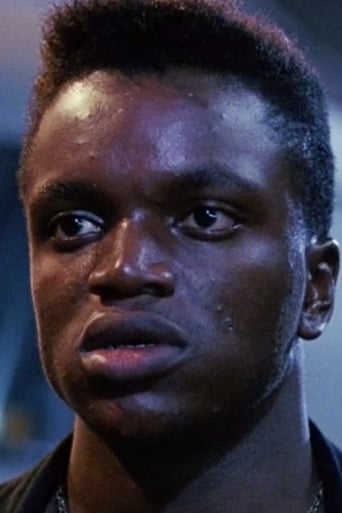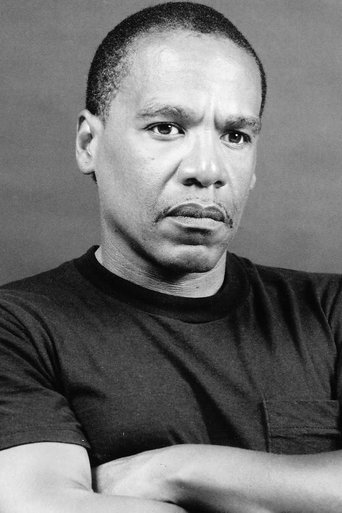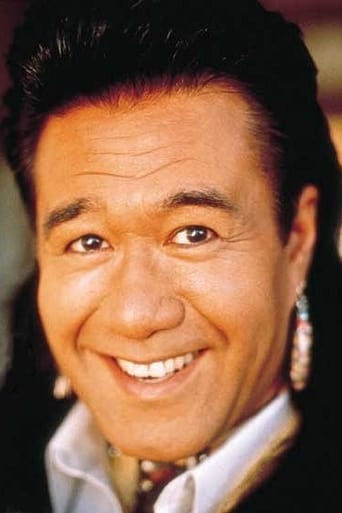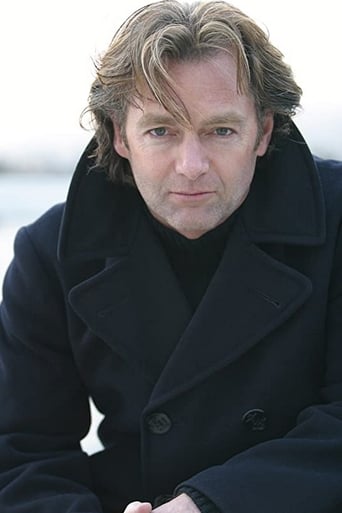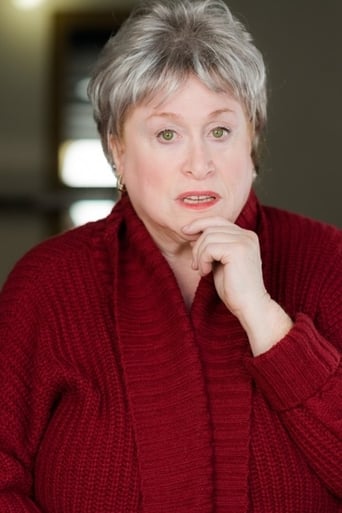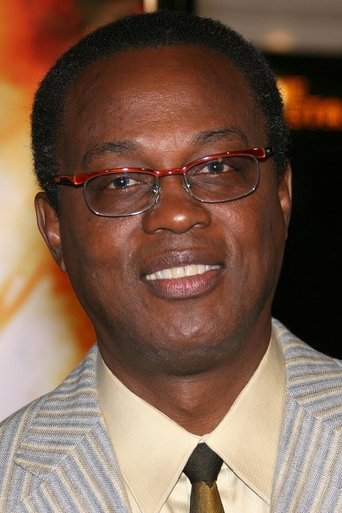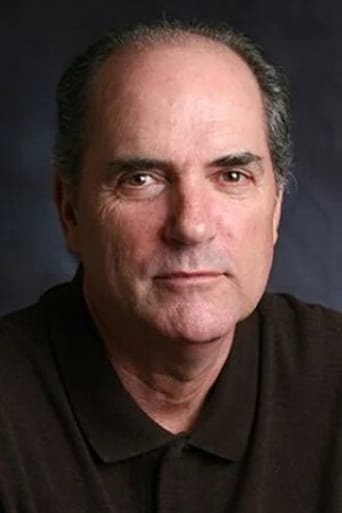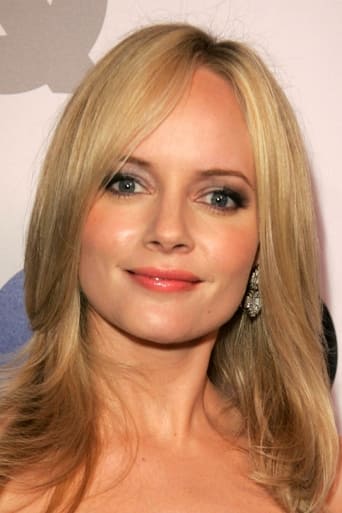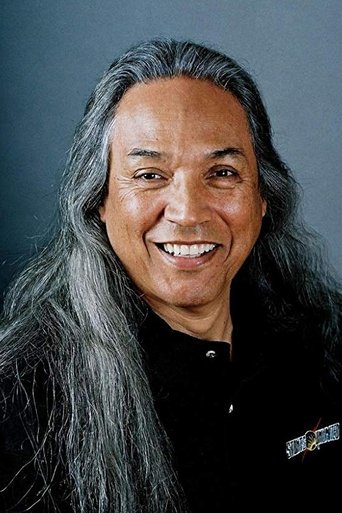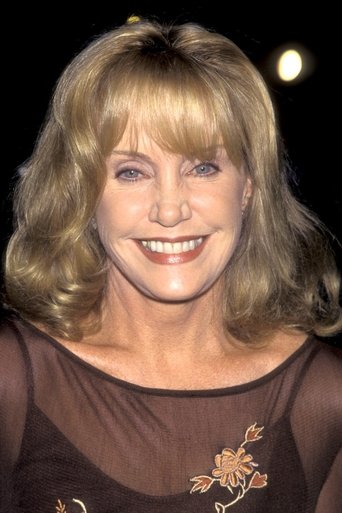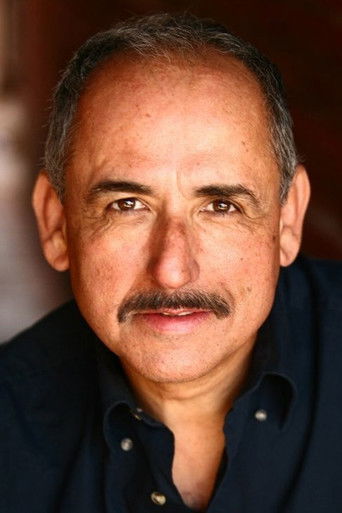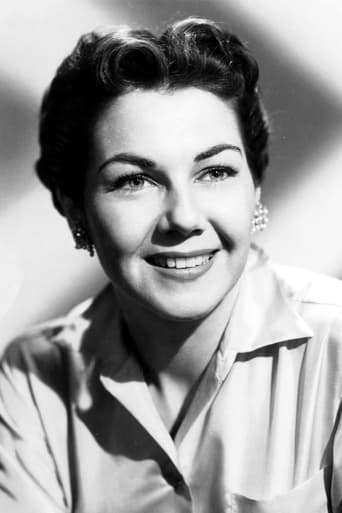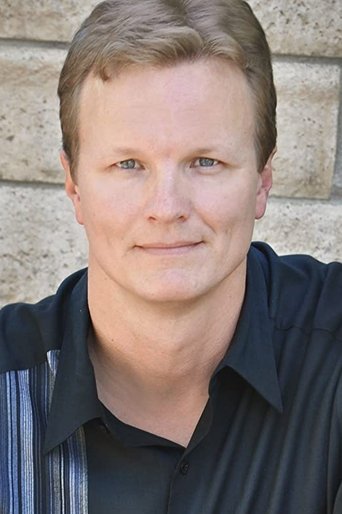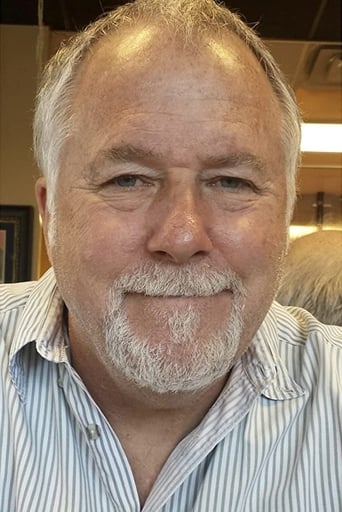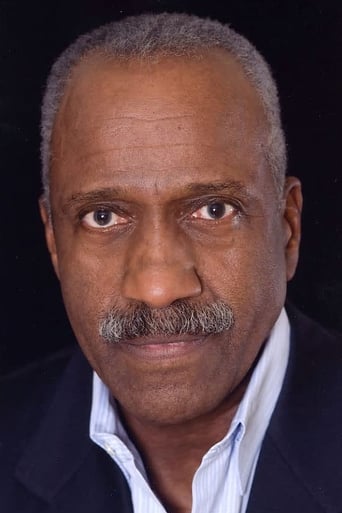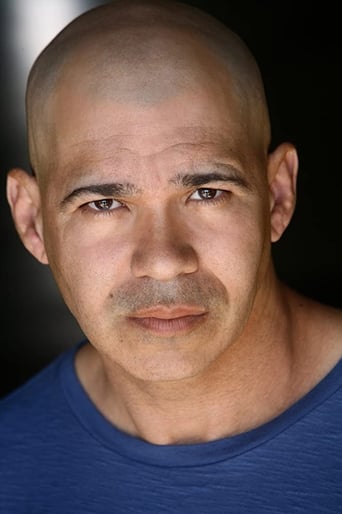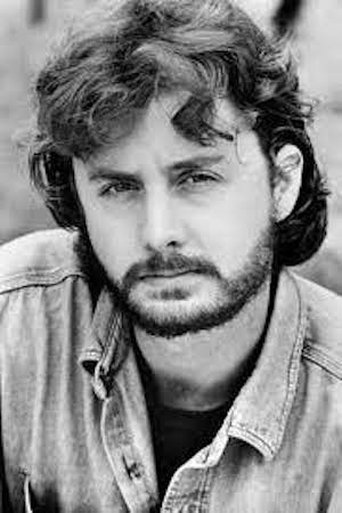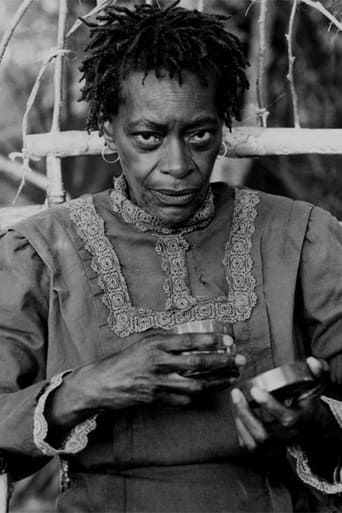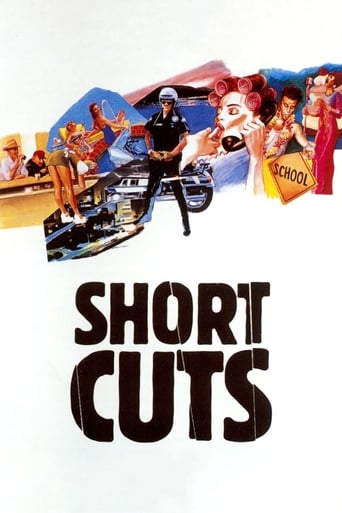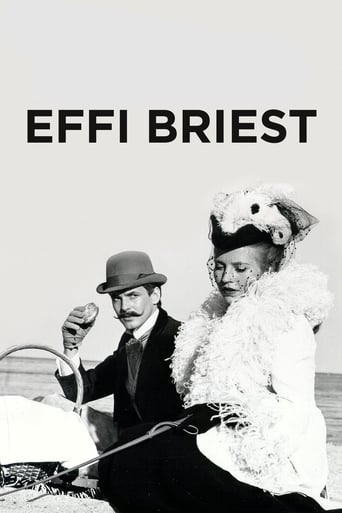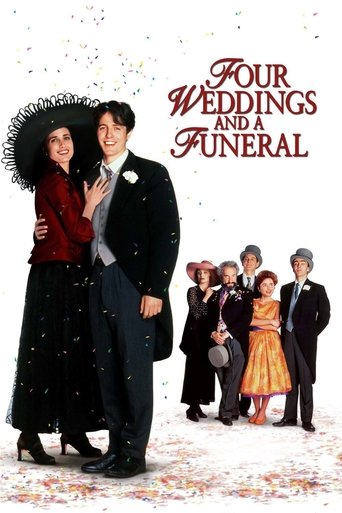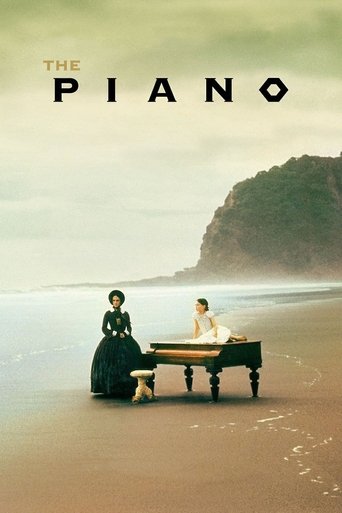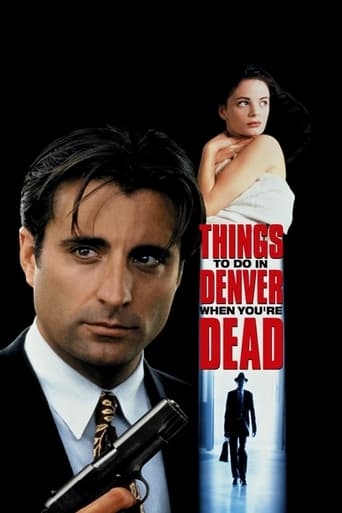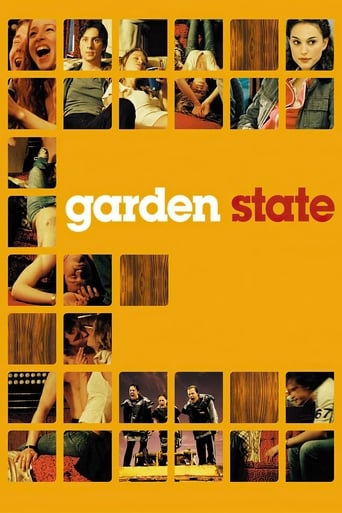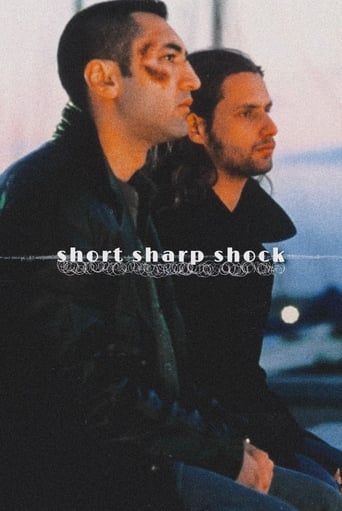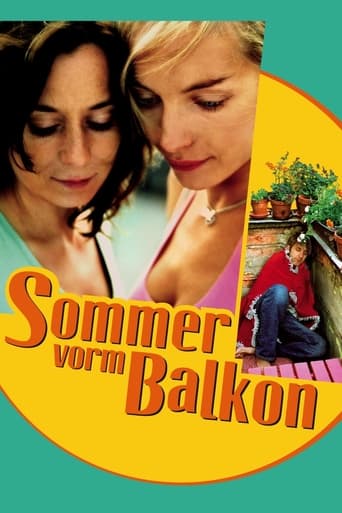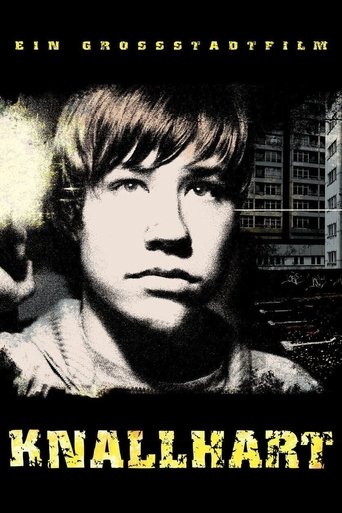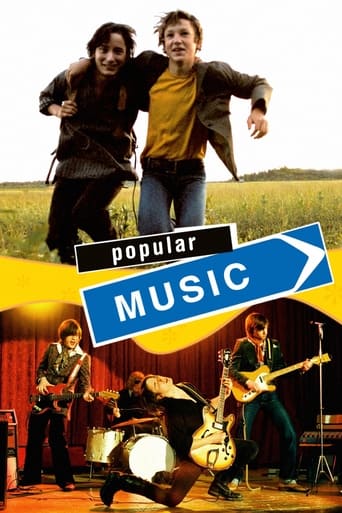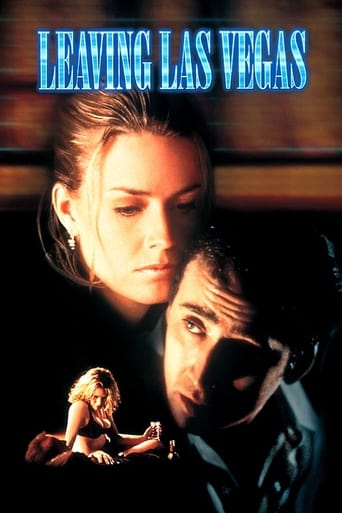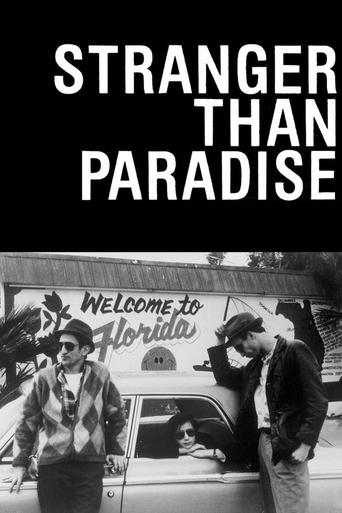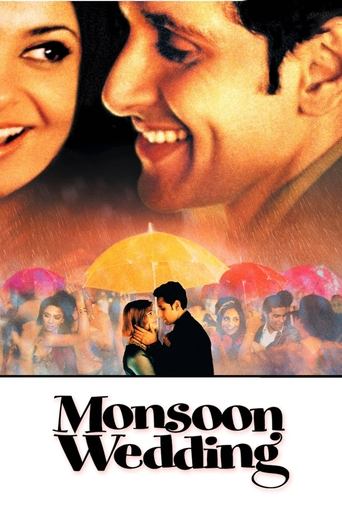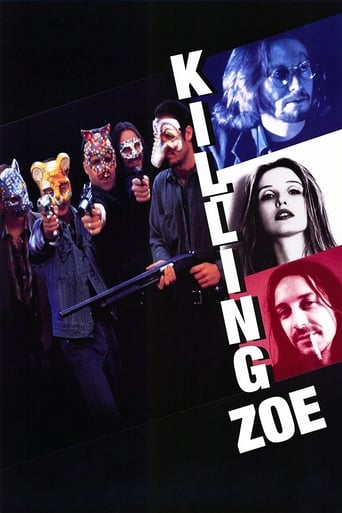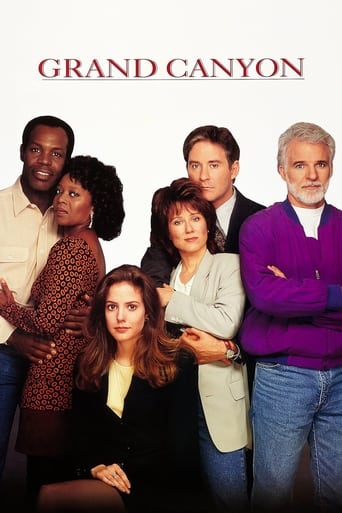
Grand Canyon (1991)
Grand Canyon revolved around six residents from different backgrounds whose lives intertwine in modern-day Los Angeles. At the center of the film is the unlikely friendship of two men from different races and classes brought together when one finds himself in jeopardy in the other's rough neighborhood.
- Lawrence Kasdan
- Anne Rapp
- Lawrence Kasdan
Rating: 6.462/10 by 195 users
Alternative Title:
患难之交 - CN
Country:
United States of America
Language:
English
Runtime: 02 hour 14 minutes
Budget: $0
Revenue: $40,991,329
Plot Keyword: adultery, friendship, hope, earthquake, grand canyon, arrest, los angeles, california, mugger, kindness
_**Thought-Provoking Drama with Characters You Care about**_ "Grand Canyon" (1991) is essentially about the 'grand canyon' that exists between the races and the haves & have-nots in America. It starts out powerfully with a middle-aged lawyer named Mack (Kevin Kline) taking an unwise detour in L.A.; the situation turns threatening when a group of thugs harass him, but a tow truck driver comes to his aid (Danny Glover). Thus begins a relationship that positively impacts both of their lives and the those connected to them. One subplot involves Mack's love/lust for women (like any red-blooded male). He and his wife (Mary McDonnell) are starting to experience the empty nest syndrome; he naturally veers toward an affair at work. There's an early scene where the potential "other woman" (Mary-Louise Parker) comes into his office and puts her hand on his. It's a simple yet potent scene. Is it wrong for Mack to have feelings for this woman? Should he risk destroying his marriage by pursuing a more intimate relationship? And, if he does commit adultery, can he still change his mind before it's too late? Will he? That's just one subplot amongst many. Some reviewers feel there are TOO many stories going on. I suggest they stick to lighter fare. Here’s a sampling of themes explored: Miraculous life-saving encounters; white/black relations; the rich/working class/poor divide; homelessness. Why do kids join gangs/become hoodlums? The challenges of a nigh romance-less marriage; the drive to improve one's living standards. Does violence in film escalate violence or is it simply a reflection of society? Does a filmmaker have a moral responsibility to society? Life-changing experiences that aren't so life-changing after all. How many split seconds do you have to make a left turn in downtown traffic? What do you do after miraculously finding/saving an infant? Divine intervention; matchmaking, blind dates and finding Mr. or Ms. "right”; the ripple-effect each person's actions have on others, revealing humanity's significance, which is contrasted by the idea that humanity is inconsequential compared to the Earth & Universe's timeless marvels, like the Grand Canyon itself. The picture obviously bites off a lot, but is well able to chew it. It bespeaks of real life and doesn't come off contrived at all. Take for example the teen's driving lesson: He makes a serious mistake and then pulls over. After his father explains a few things he attempts to start the vehicle which is ALREADY running. We've all done that. Another example would be the filmmaker’s beautiful redhead girlfriend Vanessa (Sarah Trigger): She's calm, happy and pleasant one moment but then suddenly starts crying (obviously provoked by a statement). A rambling and uncomfortable emotional rant ensues. It's real. Another example would be Claire's reaction when her son asks if she and Mack are getting a divorce. Shocked, she replies, "Why would you ask that?! Do we seem like a couple on the verge of divorce?" She KNOWS that her son wouldn't ask such a question unless he sensed there were problems in the marriage on some instinctual level. These are just three minor examples off the top of my head. I've heard some complain that there's no humor. Did we see the same movie? There's actually quite a bit of humor or, at least, amusing and light-hearted moments. (How could there not be with Steve Martin in the cast?). Even though the picture is essentially a serious drama I busted out laughing, snickering or smiling on several occasions. Scanning through the reviews you'll note that "Grand Canyon" is a love it or hate it piece. I love it. The acting is, for the most part, great and you really come to care for the characters; you care about the outcome of each of the story lines. One reviewer commented that "Grand Canyon" is a depressing film; he couldn't be more wrong. Yes, there are some disconcerting story elements, but watch it till the end. Other reviewers criticize Steve Martin playing a filmmaker with a beard. These people need to get a life; Martin was perfect for the role. I appreciate that “Grand Canyon" respects the intelligence of the viewer; it's not dumbed-down, nor is everything spelled out. Some things you have to read in-between-the-lines, others are left to the imagination. It also provokes you to ponder the numerous issues it addresses for days afterward. Few movies have this effect. In fact, there's so much to "Grand Canyon" that you'll get something new from the picture with each viewing. When the movie was originally released a New York Times critic it as the worst movie ever made (Why sure!). First of all, who cares what some moron from the NY Times says? The very fact that he writes for The Times tells you that his artistic judgment shouldn't be taken too seriously. Also, most critics hailed 2004's "Crash" as a masterpiece but it obviously borrowed much from "Grand Canyon”; the difference is that the latter is the better film. Although "Crash" has its merits "Grand Canyon" is more entertaining and actually inspiring rather than downbeat. "Grand Canyon" is a film of the most eminent order; a masterpiece. It runs 2 hours, 14 minutes, and was shot in the Los Angeles area. GRADE: A

